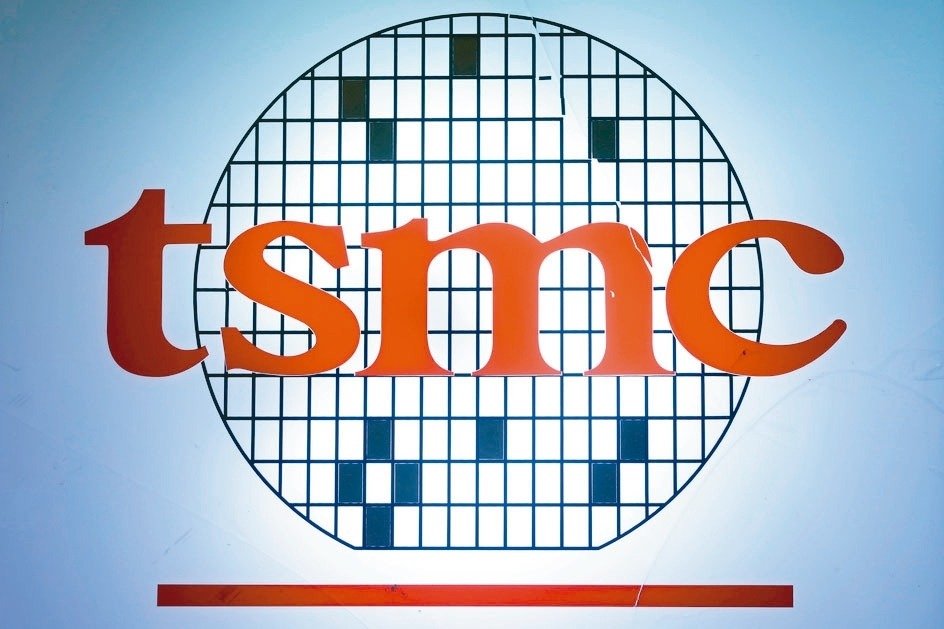Trump, Chipmakers Mull Jump-starting U.S. Chip-making Capacity
2020/05/12 | By CENS
The Trump administration is in talks with Intel and TSMC to spur development of new chip factories in the U.S. according to a report in the Wall Street Journal today. Many observers have for years bemoaned the loss of chip manufacturing capacity and expertise in the U.S. Any abrupt move to reinvigorate U.S.-based semiconductor manufacturing capacity, particularly for leading edge products, seems likely to receive broad support.
As reported in the WSJ article, the coronavirus pandemic has “underscored longstanding concern by U.S. officials and executives about protecting global supply chains from disruption. The Administration, according to the report, is particularly concerned about “reliance on Taiwan, the self-governing island China claims as its own, and the home of Taiwan Semiconductor Manufacturing, the world’s largest contract chip manufacturer and one of only three companies capable of making the fastest, most-cutting-edge chips.”
Here’s an excerpt from the article written by Asa Fitch, Kate O’Keeff, and Bob Davis:
“We’re very serious about this,” said Greg Slater, Intel’s vice president of policy and technical affairs. Mr. Slater said Intel’s plan would be to operate a plant that could provide advanced chips securely for both the government and other customers.
“We think it’s a good opportunity,” Mr. Slater said. “The timing is better and the demand for this is greater than it has been in the past, even from the commercial side.”
TSMC has been talking to officials at the Commerce and Defense departments as well as to Apple Inc., one of its largest customers, about building a chip factory in the U.S., said people familiar with the conversations.
The U.S. is reportedly also pursuing interest from South Korea’s Samsung Electronics, “which already operates a chip factory in Austin, Texas, to expand its contract-manufacturing operations in the U.S. to produce more advanced chips, according to a person familiar with the matter.”
The WSJ reports that talks over chip-factory development plans have been under way for some time but have gained momentum recently as concern mounted about the fragility of the Asian supply chain and the defense industry’s access to domestically sourced advanced chips.




